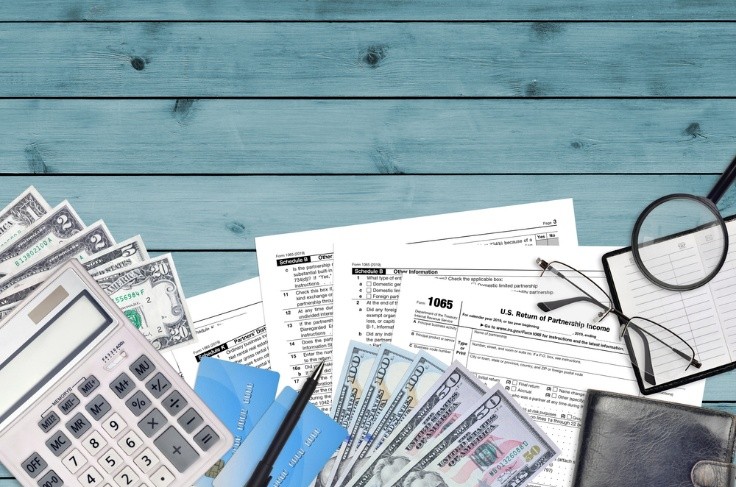-
U.S. Office Address: 2319 S.W. 29 Ave., Miami, Fl. 33145
U.S.Mailing Address: 2520, Coral Way, Suite 2014, Miami, FL 33145
U.S. Number: 754-368-2330

When foreign investors sell real estate in the United States, they often face a withholding tax under the Foreign Investment in Real Property Tax Act (FIRPTA). While the intent of FIRPTA is to ensure the IRS receives taxes owed from foreign sellers, the law also recognizes that not every sale results in taxable income. In such cases, foreign sellers may be eligible for a FIRPTA exemption certificate. This certificate can reduce or even eliminate the withholding requirement, making it an essential part of cross-border property transactions.
A FIRPTA exemption certificate is issued by the IRS when a foreign seller can demonstrate that their transaction does not generate taxable income or falls under an exception to the FIRPTA withholding rules. Without this certificate, the buyer or withholding agent is obligated to withhold a percentage of the sales proceeds, usually 15 percent, and remit it directly to the IRS. The certificate ensures that unnecessary withholding does not occur, preventing cash flow issues and delays for the seller.
Not all foreign sellers will qualify, but several scenarios make an exemption possible. Some of the most common situations include
In each case, proper documentation must be submitted to support the request.
Applying for a FIRPTA Exemption Certificate requires careful preparation. The seller or their representative must submit IRS Form 8288-B, application for withholding certificate. This form is filed along with supporting evidence that explains why the withholding should not apply. For example, proof of purchase and sale prices, copies of tax treaties, or affidavits of intended buyer occupancy may be included.
The IRS reviews the application and decides whether to grant the certificate. While this process can take several weeks to a few months, the buyer is not required to remit the withheld amount until the IRS makes a decision, as long as the application is submitted on time. This waiting period can save the seller from tying up significant funds unnecessarily.
Timing is critical in FIRPTA exemption cases. The application must be filed on or before the date of transfer to prevent withholding. If the filing is late, the buyer may be forced to send the withholding to the IRS, and the seller would then need to wait until filing their annual tax return to claim a refund. For sellers dealing with large transactions, this could mean waiting months or even longer to access their own money.
To avoid delays, many sellers work with tax professionals or Certified Acceptance Agents who understand FIRPTA’s requirements and can ensure that applications are complete and submitted on time.
The IRS takes FIRPTA exemption requests seriously, so thorough documentation is necessary. Typical documents that may be included are
Incomplete or inaccurate submissions can result in rejection or significant delays, making professional guidance even more valuable.
For foreign sellers, the primary benefit of securing a FIRPTA Exemption Certificate is financial. It ensures that their funds are not unnecessarily withheld, which can be critical for reinvestment, paying off mortgages, or other obligations. It also helps simplify tax compliance since the transaction is documented upfront and reviewed by the IRS.
In addition, having a certificate provides peace of mind for both the buyer and seller. The buyer avoids the risk of being held liable for failing to withhold properly, and the seller avoids having their cash flow disrupted. In high-value transactions, the difference can be substantial.
Although it is possible to apply for a FIRPTA Exemption Certificate without help, the process can be complex. Mistakes or incomplete filings may lead to unnecessary withholding or IRS scrutiny. Tax professionals specializing in FIRPTA can identify which exemptions apply, prepare the paperwork correctly, and follow through until the certificate is issued. For foreign sellers unfamiliar with U.S. tax rules, this expertise is often invaluable.
The FIRPTA Exemption Certificate is more than just a piece of paperwork. It is a tool that allows foreign property sellers to avoid unnecessary withholding, keep their finances flexible, and comply with U.S. tax law efficiently. By filing timely applications and providing the right documentation, sellers can protect themselves from financial strain and delays.
If you are planning to sell U.S. property as a foreign investor and believe you may qualify for an exemption, consider working with specialists who handle these cases regularly. Firpta Tax Returns can guide you through every step of the process and help you secure the right outcome.
So, explore our services today and learn more about how we can assist with your Firpta withholding exemption needs.